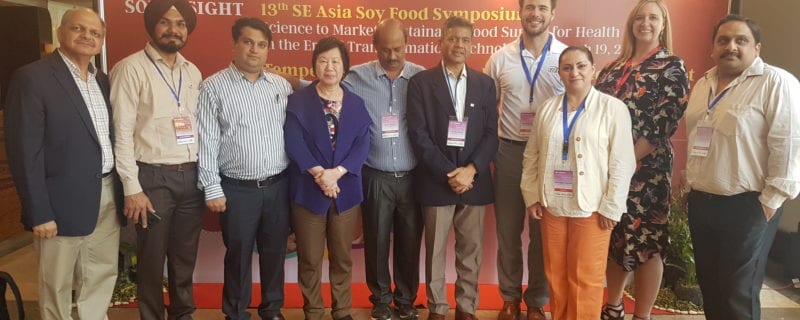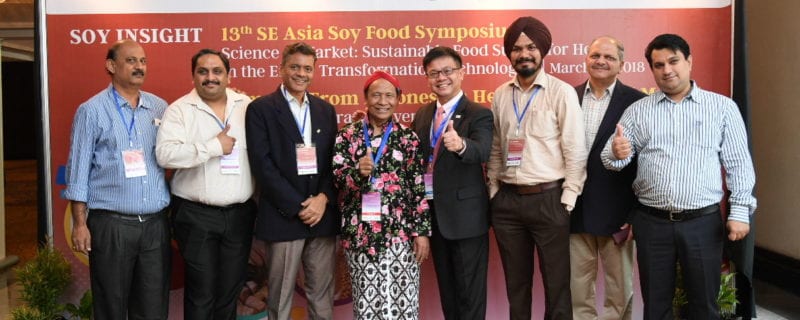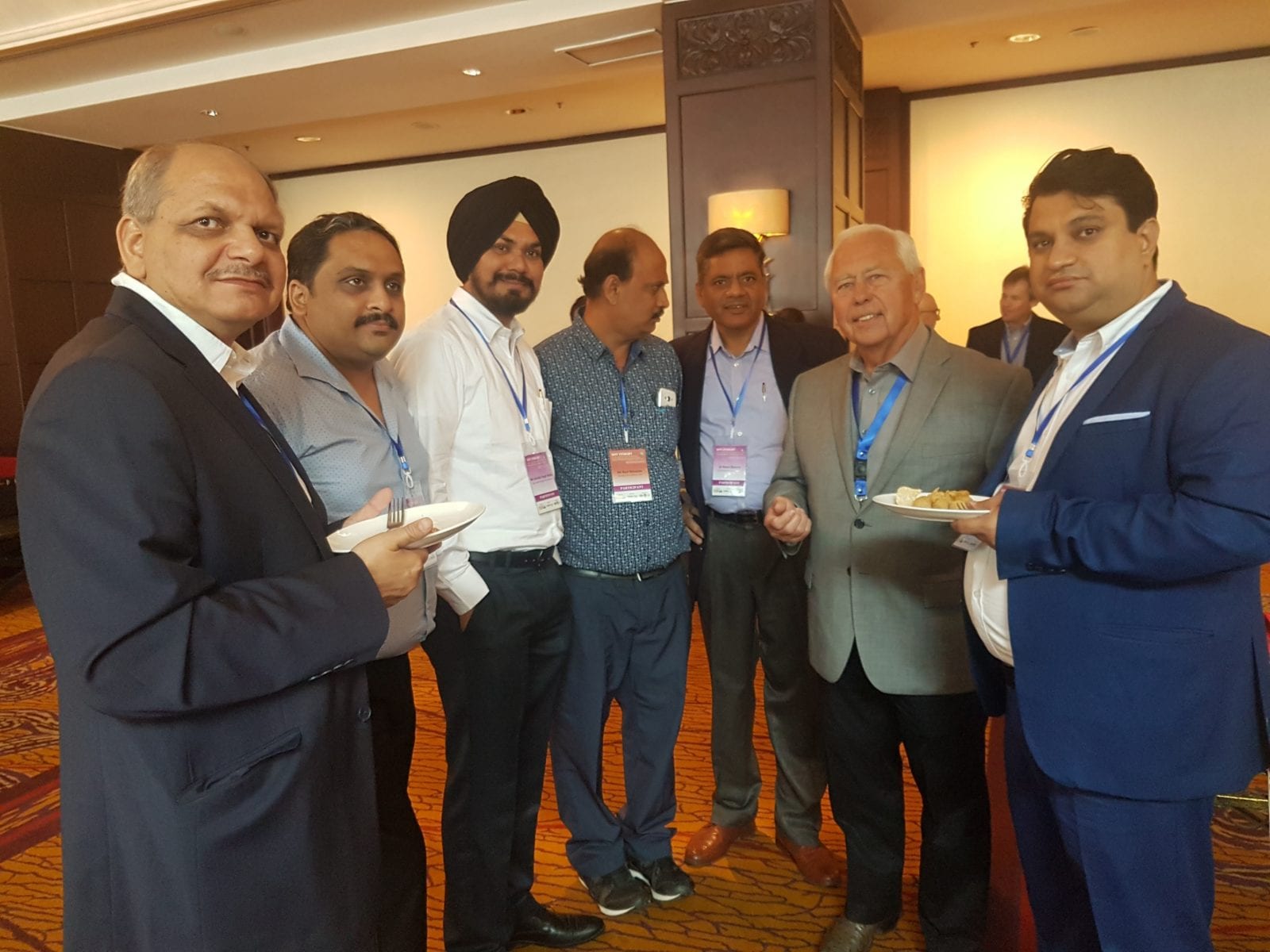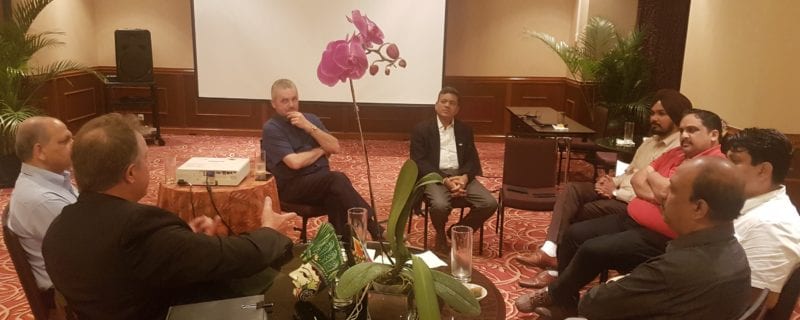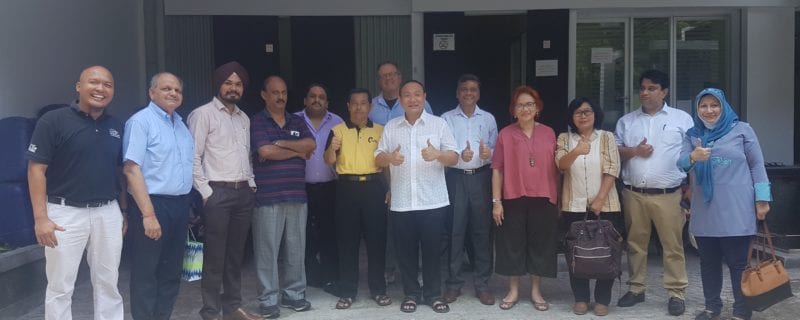ASC Food Entrepreneurs Participate in SEA Soy Food Symposium
- Category:
- General News
- Soy Foods
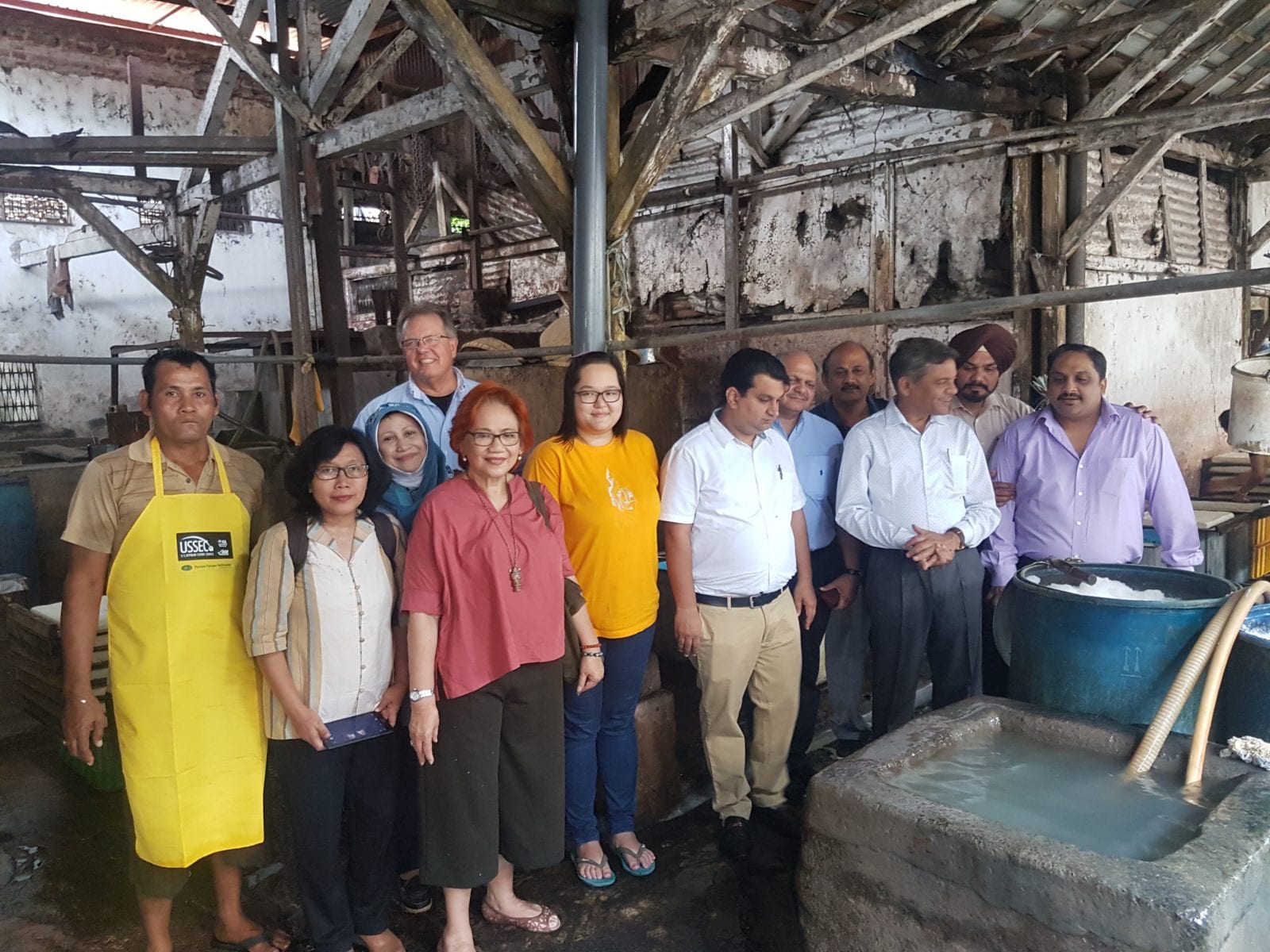
Five Indian soy food processing entrepreneurs and one Bangladeshi soy food operator participated in the 13th Southeast Asia Soy Food Symposium held in Surabaya, Indonesia. The group was led by Dr. Ratan Sharma from USSEC - India. The Soy Food Symposium (SFS) as the largest and most popular soy food program in Asia, attracts a lot of interest from food business sectors. For the Asia Subcontinent (ASC) group, the primary interest to attend this program comes because of those initial experiments which were carried out using samples of U.S. food grade soybeans imported into India. A few of these entrepreneurs will also be engaged in product development, testing and marketing soy products using a QSP (Quality Samples Program) supported by the Foreign Agricultural Service (FAS) / U.S. Department of Agriculture (USDA), which is under process this year. The ASC entrepreneurs believe that the learning from this trip will be very useful to improve their businesses and are convinced to explore opportunities to use U.S. non-GM soybeans in their businesses.
ASC entrepreneurs benefited from the exposure to overall soy food industry developments in Asia, soy food innovations, and diverse product concepts, plus obtained ideas for new product developments. SFS also facilitated interactions with soy food producers, traders, and others in the value chain from various parts of the world. Of additional value to ASC members was to interact and learn tech and trade processes from U.S. soybean and soy ingredients suppliers, representatives of various Qualified State Soybean Boards (QSSBs), USSEC, and USDA.
USSEC SEA and the North Dakota Trade Office, along with Northern Food Grade Soybean Association (NFSGA) alliance members, organized meetings with the ASC group. The Indian companies, who already have the experience of using U.S. food specialty soybeans in small quantities, were introduced to a few more varieties from the U.S. suppliers. In exchange, the U.S. Soy suppliers had an opportunity to understand the Indian business with reference to U.S. non-GM bean imports and the constraints they face due to higher tariffs. Dr. Ratan Sharma, USSEC Food Program Manager – ASC, and the group discussed further processes to make the U.S. non-GM soybean imports commercially viable in India. The team also met with representatives of the Ohio Soybean Council, Montague Company, and Ceres Commodities.
The ASC group also had an opportunity to visit tempe and tofu production facilities where they saw advanced processing, packing, and storage techniques. The Kampung Tempe (tempe village), Sanan Sentra Industries, super stores, and traditional markets provided insights into supply and distribution systems for soy products. Tempe, a staple food in Indonesia, is consumed fresh, thus requiring high quality preservation, packaging materials and machinery, cold chain, and an efficient supply and retailing chain. In India, the soy food business is capital intensive as they adopt expensive packaging, and maintaining cold chains and supply distribution networks are usually expensive. This allowed them to compare and contrast processes and it is likely that they will make improvements in their soy food businesses in India. The team’s visit to Widya Mandala Catholic University in Surabaya helped them study the history of tempe and how the product was eventually commercialized. The ASC group, for the first time, noted with surprise that GM soybeans are used for the production of tempe and tofu, which considerably reduces input cost for production. This was a valuable input for them.
